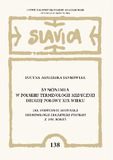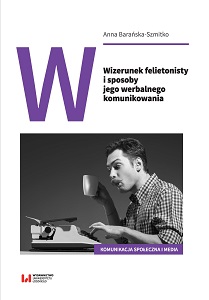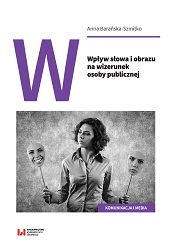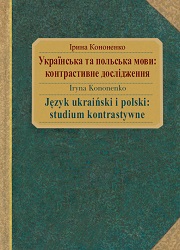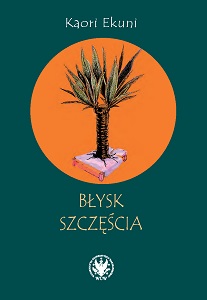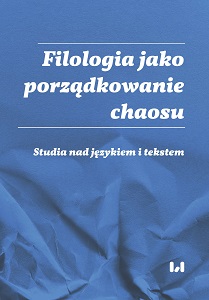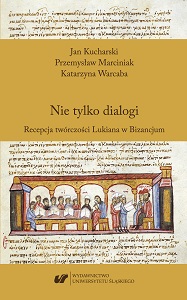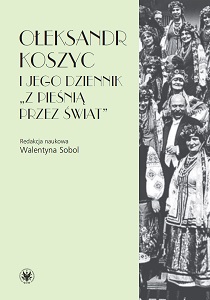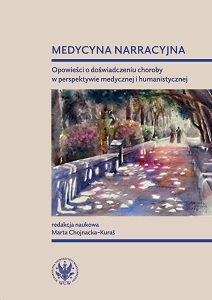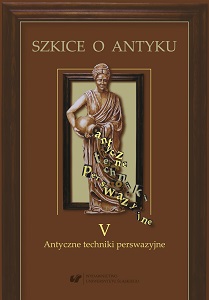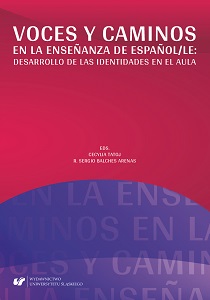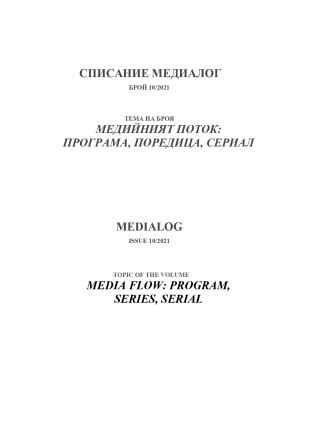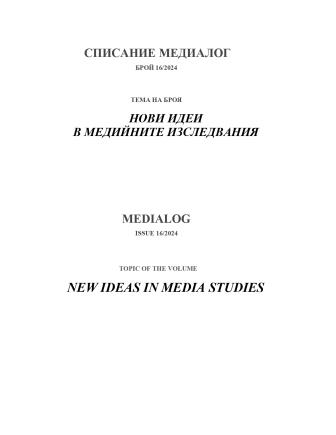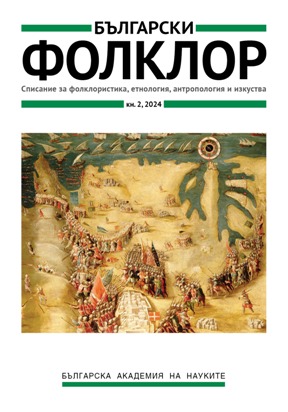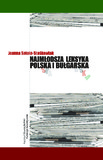
Najmłodsza leksyka polska i bułgarska
“Newest Lexis in Polish and Bulgarian” by Joanna Satoła-Staśkowiak addresses the problem – noted by linguists, Slavists, Bulgarists and translators alike – of a gap that has emerged in contrastive description of the newest Polish and Bulgarian lexical units. No scholarly work has thus far been devoted to a comprehensive comparative study of changes in the Polish and Bulgarian lexicons. Thousands of new meanings and hundreds of altogether new words have appeared in Poland and Bulgaria as a result of the countries’ development in terms of technology, information processing and communication as well as political‑systemic changes within the two states and the emergence of new democratic regimes after 1989. Linguists have claimed the current moment to be the most productive in lexicographical terms in the history of linguistics (cf., e.g., Miodek 2000, 2012; Kirova 2001, 2004; Kita 2007; Blagoeva 2013; Videnov 1997). This book provides numerous examples of how the political and civilizational transformations of the contemporary world are inextricably linked with exceptionally rapid linguistic change. The form of presenting linguistic phenomena within the monograph has been chosen in accordance with one of the book’s crucial goals – to render the subject matter accessible not only to professional Slavic linguists but also to more general audiences. The book touches on various aspects of Polish and Bulgarian lexical innovation and sets directions for subsequent research projects within the field. An additional advantage of the monograph is constituted by the fact that both the newest linguistic tendencies in Polish and Bulgarian and particular lexical units (neologisms) are set against other Slavic languages, including Czech, Russian, Slovak and Ukrainian. In terms of sources, the work draws on all available publications concerning the languages in question, including the monolingual and bilingual dictionaries (printed as well as electronic) which incorporate new lexical units reflective of the 21st-century mind-set. A contrastive method has been applied, which jointly describes the analysed units in a parallel manner. In elucidating particular questions concerning neologisation, the author employed her own knowledge and the linguistic competence she acquired in the course of long-term contrastive research conducted in Poland and Bulgaria; her work on printed and electronic Bulgarian-Polish dictionaries; the parallel corpora of both languages that she has been compiling; finally, her experiences of everyday life in both linguistic realities. The aim of this book has been to portray the living, and newest, Polish and Bulgarian languages as they appear in actual linguistic communication and to investigate the processes whereby these languages are enriched, modified, reduced or impoverished; the study is also concerned with the problem of translating neologisms. The novelty of the research presented herein lies in the fact that the topic it explores has not yet received attention within Slavic linguistics and that in analysing its material it adopts research tools that are new in semantics (e.g., parallel corpora, statistical tools applied to revealing cross-lingual parallels). Original and creative, this study proposes more precise tools to describe newest lexemes and their linguistic context.
More...
